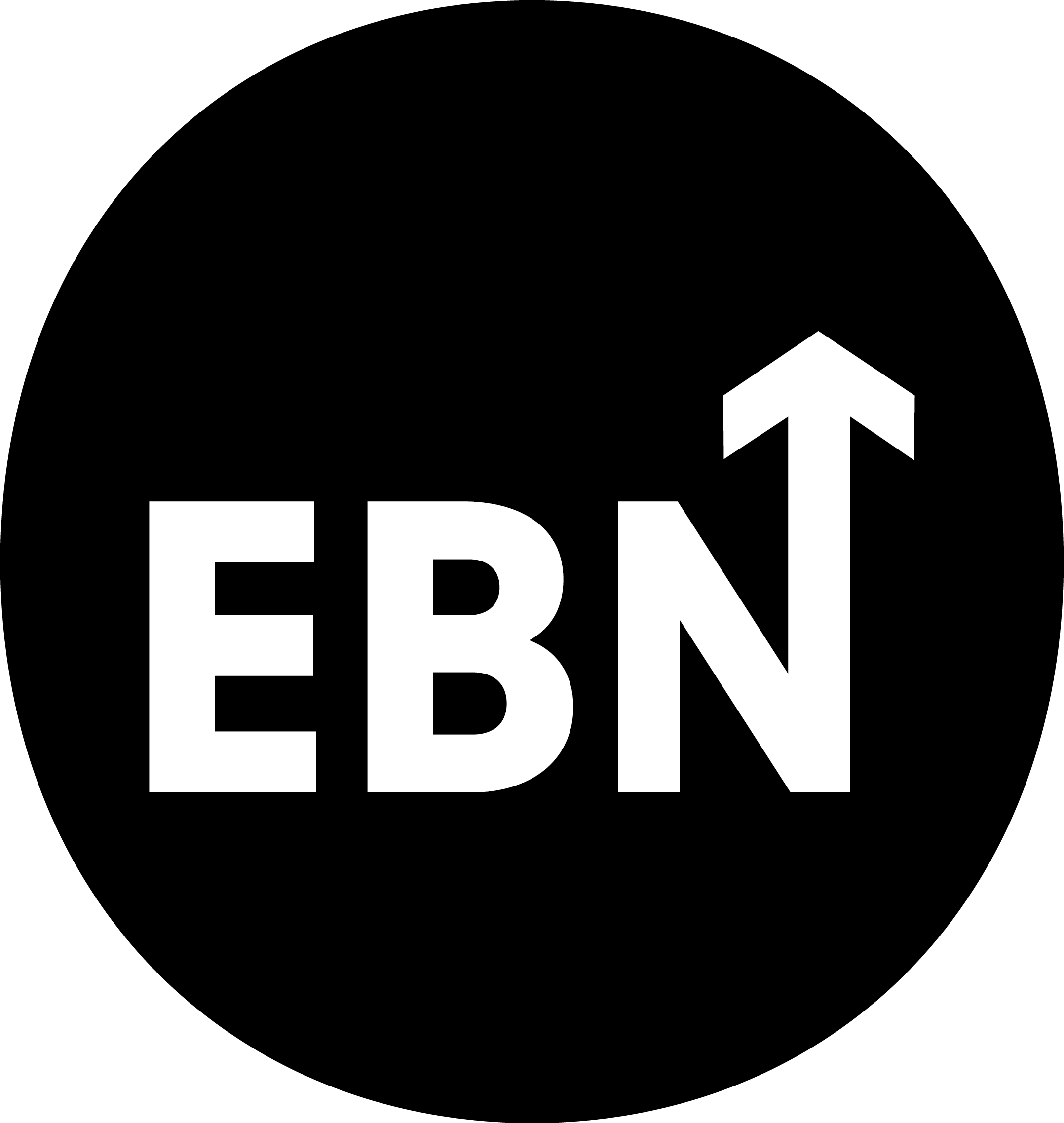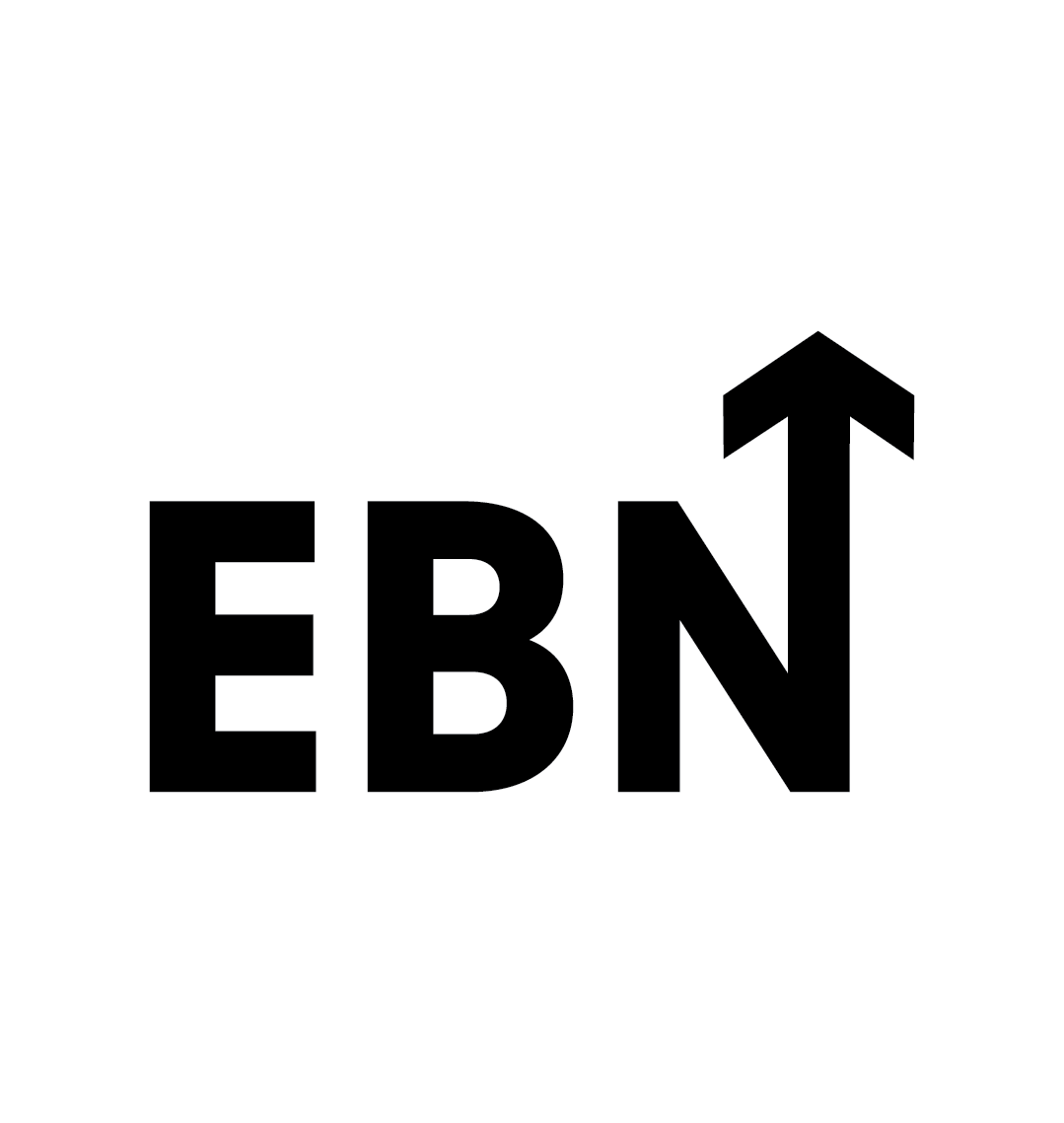If your EVP can’t survive pressure, it was never true to begin with.
“People-first.”
“We care.”
“Come as you are.”
“We’re one big family.”
If these words are central to your employer brand and your employees aren’t laughing (or crying), congratulations - you’re in rare company. Because, in the current climate, more and more employer value propositions (EVPs) seem to collapse the moment reality gets even slightly uncomfortable. A restructure hits, budgets shrink, the C-suite panics or makes “bold moves” - you know the story.
Momentum isn’t always progress, especially when you always end up back where you started.
Fathom helps you escape the loop. With insight, not intuition.
Suddenly, the same employer that was boasting about autonomy is now obsessively tracking keyboard activity. And just like that, your beautifully crafted EVP becomes a beautifully crafted lie.
The EVP isn’t just a message. It’s a test.
Like with any good relationship – in this case between employer and employee - the true strength of your employer brand isn’t how well it reads during the good times, it's how it fairs under more challenging times. In the face of uncomfortable questions, hard decisions, and necessary trade-offs, are you quietly taking down social posts and hiding EVP decks?
Your EVP isn’t your wishlist. It’s your reflection.
The more you’ve worked with employer brand the more obvious this becomes... the best EVPs and always the ones that actually drive trust, engagement, and performance. They don’t aim for perfection; perfection is the enemy of EVP in all but the best of times. They aim for honesty. A robust EVP is grounded in what the organisation actually is, not what it wants to be. And they’re built using three things most companies often miss or undervalue:
→ Hard data – from everybody, internally and externally
→ Sharp insights – because data is useless if you don’t know how to make sense of it
→ Unflinching self-awareness – the secret sauce most forget
Helping HR, talent acquisition, employer branding, and company culture professionals find careers worth smiling about.
The EVP as a Mirror: Not Just a Magnet
It helps to say somethings out loud and make sure everybody is on the same page before developing your company EVP, such as - a great EVP isn’t only about attraction and retention. Your EVP, as a tool, is meant to do more than help you hire more efficiently or improve your Glassdoor rating.
A credible EVP is also a mirror. A personality assessment. A culture audit. A chance to hold up the truth and ask: Do we like what we see?
If an organisation were a living human being (a comparison I often make), your EVP is akin to a Myers-Briggs. There is no best personality type to be, it's the knowing who you are that helps you play to your strengths. This is why it’s critical that your EVP, when being developed, refresh, or validated, draws from internal sentiment, external perception, lived employee experience, leadership behaviour, and performance outcomes. It doesn’t shy away from contradictions. It names them. It doesn’t mask flaws. It frames them as opportunities to grow. It gives you a benchmark not just for how you talk, but how you act - and how aligned those two things really are.
Your EVP is a massive opportunity, not just to understand the personality of your organisation but to guide you in the areas you want to improve and to help you be the person – err, I mean employer – you want to be.
The problem is, if you don’t measure it, track it, and live it, it’s not a value proposition, it’s just wishful thinking nicely packaged. Or worse: it’s a trap you’ve set for your own credibility. One that’ll get sprung the moment the going gets tough. Queue the regrets and red faces.
Stop Pretending. Start Owning It.
If you read your own EVP and think, “Hmm… this doesn’t feel very true,” you’re probably right. If you know it’s all spin but stay silent, you’re not innocent, you’re complicit.
Employer branding isn’t the place for magical thinking or corporate fan fiction. It’s the place for leadership and meaningful change. And that means being brave enough to tell the truth. About what’s working. About what isn’t. About where the company is falling short - and what it’s doing to fix it.
In employer branding, the real flex is vulnerability.
Employees don’t need perfection; but they need honesty and progress if they're to trust in you. They need leadership that has the guts to say: “We’re not there yet, but we’re working on it - and here’s the plan.”
And if you’re the person brave enough to say that, to push for something real, to fight for alignment between your EVP and your actual culture - you will be thanked for it. Maybe not right away and maybe not by everyone. But in the long run you'll be the one people turn to. People remember who had the courage to stop the bullshit and do something – now that’s character!
So, what makes an EVP credible?
It’s not clever wording or a slick campaign. A 3-word tagline and a mood board can be nice and useful, but they’re not the litmus test.
Like with anything, credibility is built upon proof...
- Internal data, ideally regular or real-time (from surveys, exit interviews, pulse checks)
- External perception audits (reviews, employer reputation, benchmarking)
- Input from leadership, managers, and employee communities - not just HR and comms
- A clear framework for measuring consistency between promise and experience
A great EVP reads more like an organisational MRI than a vision board. And once you’ve got the scan, the hard work begins: doing something about it.
EVPs Shouldn't Be Perfect, They Should Be Real.
Every company has flaws. Every culture is a work-in-progress. That’s not a weakness - it’s the whole point of having an EVP in the first place. Employees and job seekers understand this so, for the love of all that’s holy, treat them like the intelligent, autonomous, humans you hoped they would be when you hired them. Done right, an EVP should transcend being a deck and social media campaign and become a movement.
- A declaration of what you stand for today.
- A commitment to what you’re building for tomorrow.
- And a shared understanding that you’re willing to be held accountable for the gap between the two.
Anything less simply isn't employer branding, it’s theatrics. I go back to the human relationship analogy... how long would you stay with the tinder date who catfished you? Right. This not how any long-lasting or worthwhile relationship are made, and it's no different with employees.
So what?
The real danger in employer branding isn’t saying the wrong thing, as the majority instinctively believe. It’s saying the right thing, knowing it’s a lie. So, if your EVP doesn’t feel true, you’ve got two options:
Stop pretending and fix it or live the lie and face the consequences.
In a world where trust in institutions has never been lower, a credible brand is far more valuable than a flashy one.
Takeaways
EVP is a stress test, not a slogan.
If it doesn’t hold up under tough times, it was never real.
Truth > polish.
A good EVP reflects your culture as it is, not just as you want it to be.
Credibility requires proof.
Real data, real feedback, and real introspection are non-negotiable.
Your EVP should be a mirror.
Not just a recruitment magnet, but a tool for reflection and improvement.
Perfection is a red flag.
The most trusted brands own their flaws and show progress, not polish.
Employees crave honesty.
Vulnerability builds trust. Spin destroys it.
EVP done right can be a movement.
But only if you’re willing to be held accountable for the gap between promise and reality.







